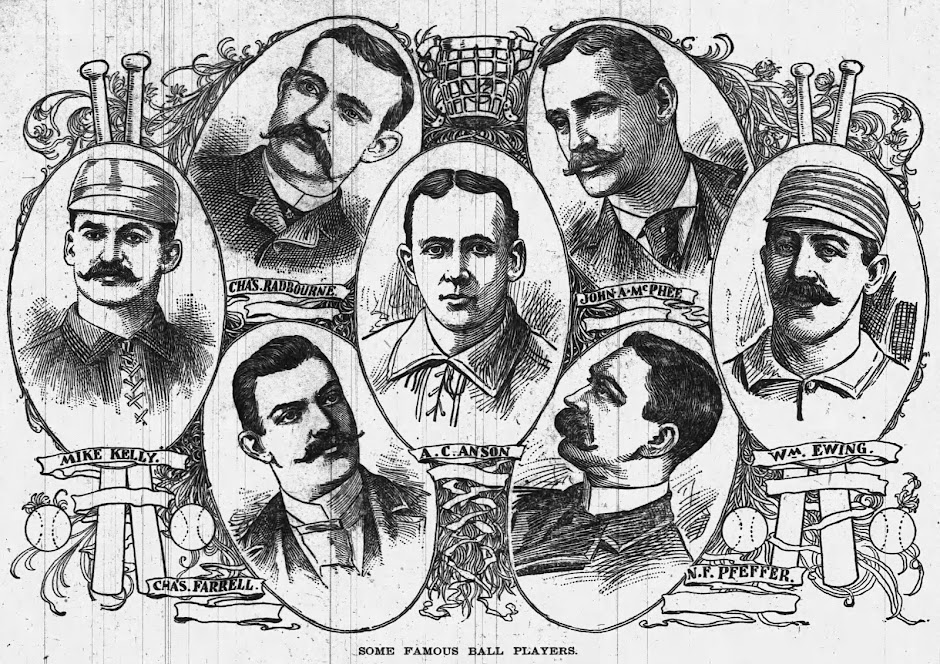In my last post I noted that we get very little sense of the title character, Henry VI from his words and actions in the first scene. Pretty much everything he says is ceremonial other than the matter of fact way that he parts with two provinces in France in exchange for his new bride - not a word of question to any of his nobles especially Humprhrey the Lord Protector. In fact out of 256 lines in scene, Henry himself has only 27 lines, just over 10% of the scene. That may seem surprising for the title character, but like his grandfather, Henry IV, before him, Henry VI may be the title character, but is not the main character in his own play.
Of course, Henry's weakness and ineffectiveness have a lot to do with the vacuum in leadership that gives all of the factions the ability to cause trouble. At some level, I think this makes the part somewhat difficult both to cast and to play. I think the easy answer is to simply portray Henry as a holy fool, someone who combines religious devotion with a complete inability to govern. I say easy answer because I think Shakespeare might have intended more than that so I want to give Henry some attention as I move through these plays.
I have read in the Arden edition of Part II that many years ago when Alan Howard played Henry and Helen Mirren played Margaret at an RSC projection under the direction of Terry Hands, the holy fool approach was dropped for a more complicated treatment. This was facilitated by the fact that Howard had also played Henry V, Shakespeare's "mirror of all Christian kings." This is the only time that I can remember the same actor playing both father and son. I have seen the same actor play Richard II and Henry V which is hard to visualize, but Henry V and Henry VI is even more so.
When Carol and I saw the plays at the RSC in 2008, Henry VI was played by Chuk Iwuji in what was again something more than the holy fool approach. In fact before we went to Stratford, I read a sermon by Martin Gorick, the Vicar of Holy Trinity Church in Stratford, where he described Chuk's playing the part basically as the only good man who is just overwhelmed by the evil that surrounds him - he is simply too good to survive or be effective in such a harsh environment. Or at least that's how I interpreted the sermon.
I think that's an significant comment because it gets at something that I think is important about the plays and the title character, something also beyond the holy fool approach. In an earlier post, I mentioned how someone had compared this play to Lear in the sense that a bad decision in the first scene sets the stage for the disasters that follow. I think its correct that a bad decision opens the way to what has been called "England's fall" in this and the next two plays, but it is a decision that comes later in the play, one that may suggest somethings about the intended message of these plays. More about that when we get to that point, but I at least one to introduce the intention of focusing on Henry VI and that I find the holy fool explanation inadequate.


No comments:
Post a Comment